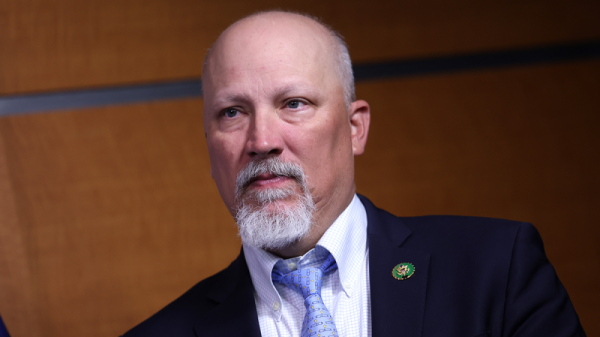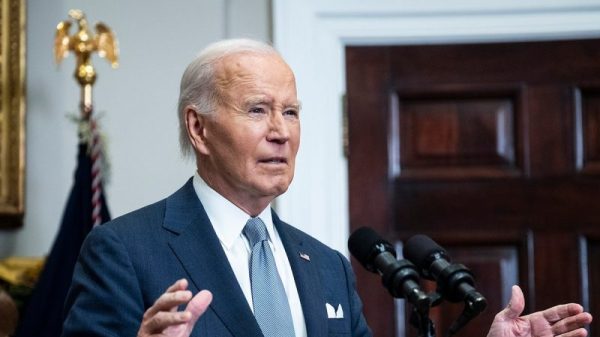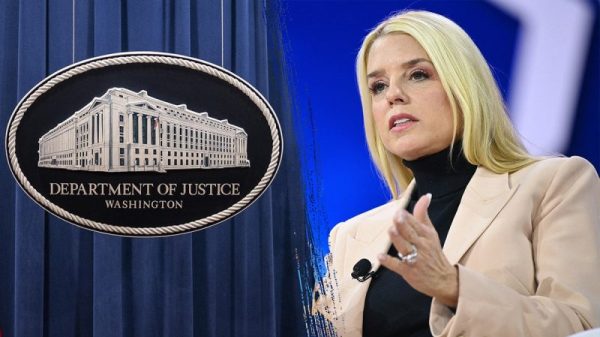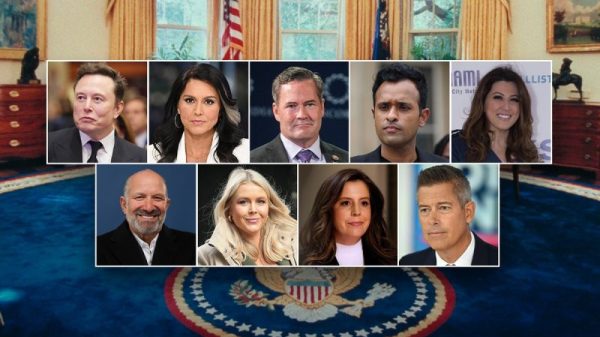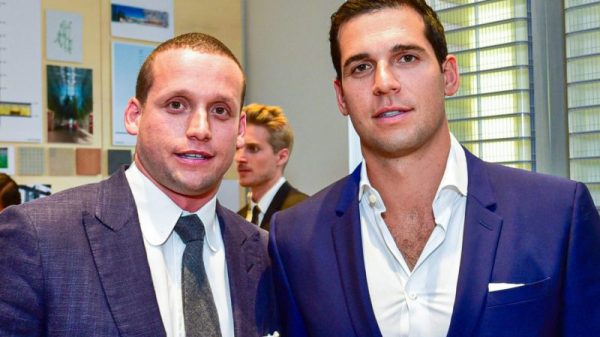About a decade ago in some distant part of the country, there was a small town that was home to a small diner.
The diner was unremarkable, as far as diners go, with its worn linoleum countertops and omnipresent coffee stains. The menu was lengthy, and it and the place mats were adorned with small advertisements for local businesses and events, in the familiar style. The diner wasn’t the only restaurant in town, but it was popular, and everyone from the mayor to teens skipping school would show up regularly. It was convivial; conversations would often seep out from one table to the room as a whole.
But then the richest guy in town got mad about it.
See, every so often, someone would cause a problem, picking fights or shouting over everyone else. At other times, people would start false rumors. The owners of the restaurant would ask them to be quiet or to leave; on rare occasions, patrons would be banned from the restaurant entirely.
A group of those who had been banned or asked to leave came to the conclusion that the reason they suffered this fate was that their views were too honest, too dangerous to the powers that be. It wasn’t their actions; it was that their existence threatened a status quo that the restaurant was desperate to defend. They argued that the diner was infringing on their right to free speech.
The richest guy in town was sympathetic to this idea. He also had been frustrated at the diner. In the business world, he was an autocrat. But at the diner he often struggled to be heard. He decided that the outcasts were right: The issue was that the diner was impinging on free speech. So he bought the diner.
Immediately, most of those who had been banned were welcomed back. Flush with this new empowerment, they brought in friends and would sit at tables in the corner, shouting insults at those nearby. They would walk around, jumping into other people’s conversations to make rude jokes. And the rich guy would often amplify them, shouting over the din to make sure the restaurant heard. At times he would simply pass the jokes off as his own.
It was a cacophony. Business slowed. But the rich guy insisted that this “free speech” was essential (though he was also quick to acquiesce to push out customers to whom his business partners objected).
One table became the place where some of the angriest, most hateful people in town regularly sat. A photo of some of them making rude gestures while holding a menu circulated. A local clothing store, whose ad was seen in the photo, told the rich guy that it wanted to pull its advertisement.
He went ballistic. What about free speech? he fumed, as though the clothing store’s decision were somehow muffling the diner’s clientele. He began tacitly (and at times explicitly) endorsing the views of his most hateful customers. Other advertisers, spooked, announced that they wanted to pull their ads, too. The rich guy got only madder.
On Wednesday, Elon Musk appeared at the New York Times’s DealBook Summit, where he was interviewed by Andrew Ross Sorkin (whom Musk at one point called “Jonathan”). Sorkin asked Musk about companies pulling their ads from X (formerly Twitter) in the wake of a report showing ads sitting next to pro-Nazi content and after Musk’s endorsement of antisemitic rhetoric and long-debunked conspiracy theories.
Musk was indignant. He claimed that he wanted those companies to stop advertising.
“If somebody’s going to try to blackmail me with advertising? Blackmail me with money?” he said. “Go f— yourself.”
It’s a bizarre argument but a revealing one.
Musk has framed his social media company as a battleground in the war over honesty and truth, insisting that any criticism of the company or his decisions is rooted in a fear of an unfiltered reality. But those advertisers aren’t leaving because they are terrified of forbidden truths and desperate to get Musk to silence those they fear. They’re leaving because they don’t want their brands associated with Nazis. They’re probably also leaving in part because Twitter’s audience is shrinking, whatever bespoke metrics the company invents to give a different impression. If you’re Coca-Cola, the cost-benefit analysis here isn’t that complicated.
An advertiser boycott was “going to kill the company,” Musk insisted to Sorkin. “And the whole world will know that those advertisers killed the company, and we will document it in great detail.”
Wouldn’t advertisers simply point out, Sorkin asked, that Musk was the one who killed the company by embracing rhetoric they wanted to stay away from?
“Tell it to Earth,” Musk said.
For a long time, Musk — and many others on the right — have labored under the misapprehension that the right to free speech also means facing no repercussions for what you say. This was the core of the backlash against pre-Musk Twitter’s efforts to police abuse and misinformation: that they had a right to say those things and Twitter had no right to keep them from doing so. But, of course, Twitter had every right to decide who said what on its platform and did so.
There is unquestionably an element of this tension that is rooted in status anxiety. White Republicans in particular often view themselves as embattled in a country that looks different (often literally) from the one in which they grew up. They see a challenge to their power and primacy from an emerging younger generation with different values and different expectations about behavior.
This personal threat or discomfort is then often framed as a threat to the nation and national values — things like free speech. We must make America great again. We must ensure that social media is a place where you cannot be held to account simply for promoting ivermectin. There’s great power to be wrung from telling people that their fears about their eroding status are warranted.
Advertisers aren’t “blackmailing” Musk to get him to make X less toxic or to encourage him not to post endorsements of hateful rhetoric. They’re just leaving because Twitter has changed. If anyone is trying to extort anyone, it’s Musk and X chief executive Linda Yaccarino.
Yaccarino responded to Musk’s exhortation for former advertisers to go away with one of her typical attaboys for her boss.
“X is enabling an information independence that’s uncomfortable for some people,” she wrote on the site. “We’re a platform that allows people to make their own decisions. And here’s my perspective when it comes to advertising: X is standing at a unique and amazing intersection of Free Speech and Main Street — and the X community is powerful and is here to welcome you.”
“Information independence” is a terrific phrase, in the same way that “alternative facts” is. It’s a cloak of seriousness that nonsense can wear around the public square. The next time my kids get in trouble for lying at school, I’ll simply remind the principal that they were exercising “information independence.”
You see what she’s trying to do, though — position criticism as being about Twitter’s ostensible philosophy rather than its actual output. This stuff about the “amazing intersection of Free Speech and Main Street” might work in a slide deck somewhere, but it’s not going to sway the cost-benefit assessments of Coca-Cola’s numerous bean-counters.
Musk wanted the spotlight and got it. Now he’s pretending that being in the spotlight means no one in the audience is allowed to boo.
You may be wondering what happened to the diner. Well, over time, it became a place that you went to only if you really needed something to eat or if you were sympathetic to the rancor that greeted you when you opened the door. The menus and place mats ended up being covered with ads for gold bars, right-wing educational institutions and survival kits.
The rich guy, meanwhile, took a bath on his purchase of the place, going deep into debt. His damaged public reputation, meanwhile, trickled outward; the businesses that made him rich were viewed with new skepticism as well. His purchase of the diner proved to be a folly of enormous scale.
Not that this has any real-world corollary, of course.

